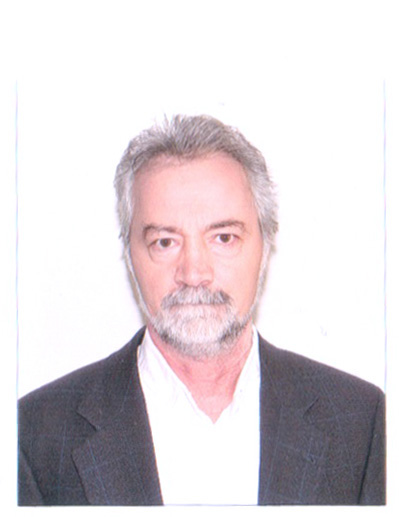Indexed In
- Open J Gate
- Genamics JournalSeek
- Academic Keys
- JournalTOCs
- China National Knowledge Infrastructure (CNKI)
- Ulrich's Periodicals Directory
- RefSeek
- Hamdard University
- EBSCO A-Z
- Directory of Abstract Indexing for Journals
- OCLC- WorldCat
- Publons
- Geneva Foundation for Medical Education and Research
- Euro Pub
- Google Scholar
Useful Links
Share This Page
Journal Flyer

Open Access Journals
- Agri and Aquaculture
- Biochemistry
- Bioinformatics & Systems Biology
- Business & Management
- Chemistry
- Clinical Sciences
- Engineering
- Food & Nutrition
- General Science
- Genetics & Molecular Biology
- Immunology & Microbiology
- Medical Sciences
- Neuroscience & Psychology
- Nursing & Health Care
- Pharmaceutical Sciences
Aurel Popa Wagner

Aurel Popa Wagner, PhD
Editor-in-Chief
Professor, Aging and Neural Repair Laboratory
University of Greifswald, Germany
[Read Interview session with Aurel Popa Wagner]
Biography
Old age is associated with an enhanced susceptibility to systemic vascular disorders like stroke and poor recovery from brain injuries. Therefore, the aim of Prof. Popa-Wagner’s group is to unravel cellular and molecular mechanisms underlying aging progression and its significance for brain diseases. His group has a long-standing interest in molecular mechanisms of brain remodelling in the aged rat brain. Recently Prof. Popa-Wagner became interested in systemic aging by aiming to model gene regulatory networks for regenerative processes after brain injury in aged animals. Another avenue of recent research is cellular therapy of stroke by using bone marrow-derive mesenchymal and mononuclear cells. Dr. Popa-Wagner received his PhD in biochemistry at Institute of Biochemistry, University of Karlsruhe, Germany, followed by postdoctoral training at Ethel Percy Andrus Gerontology Center, University of Southern California, Los Angeles, USA. Subsequently, DR. Popa-Wagner held tenure-track Assistant Professor at the University of Medicine Erlangen, Germany and Associate Professor at the Department of Neurology, Medical University, Greifswald, Ernst-Moritz-Arndt University, Greifswald. In 1996, he was appointed Professor of Experimental Neurology at the Clinic of Neurology, Medical University, Greifswald, Ernst-Moritz-Arndt University, Greifswald. Since 1998 he has been appointed Professor of Biochemistry, University of Medicine and Pharmacy, Craiova, Romania. In 2012, he joined the the Department of Psychiatry, University of Medicine, Rostock, Germany and from 2017 he joined the Chair of Vascular Neurology and Dementia at the Clinic of Neurology, Medical University, Essen, Germany.
Research Interest
The aim of Aurel Popa Wagner group is to unravel cellular and molecular mechanisms underlying aging progression and its significance for brain diseases. The group has a long-standing interest in molecular mechanisms of brain remodelling in the aged rat brain. His group has studied the plasticity of the aging brain in response to stimuli for more than 15 years and to stroke injury in aged animals for the last 10 years. Overall our results suggest that: (1) although older animals retain the potential for brain plasticity-related cytogenetic events after injury, the expression of key brain plasticity-associated genes and proteins is often attenuated and temporally altered; (2) an important cellular event associated with restricted axonal growth after stroke in aged animals is the early formation of a scar in the infarcted region; (3) Granulocyte-Colony Stimulating Factor lowers mortality and enhances neurogenesis in the brains of post-stroke aged animals; (4) vascular wall reactivity is exacerbated in the post-stroke aged animals. Expertise: aged animals models of cerebral ischemia; behavioral analysis; recording of EEG and various physiological parameters by telemetric measurements; MRI for small animals; immunohistochemical procedures, proteomics, genomics.

